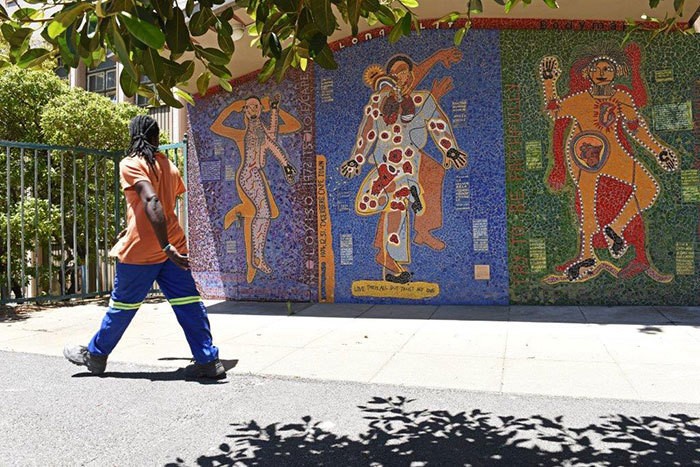UCT's first MOOC starts
16 March 2015 | Story by Newsroom
With more than 6 000 enrolled students from over 100 countries, UCT's first free online course or MOOC (massive open online course) starts today, with enrolment open until the very last day of the course.
The six-week course, titled Medicine & the Arts: Humanising Healthcare, explores the intersection of medicine, medical anthropology and the creative arts.
In the first week, participants will be introduced to the course conveners, Assoc Prof Susan Levine and Prof Steve Reid, who will outline the premise for the course. The theme for the week is The heart of the matter – a matter of the heart, with Reid interviewing a heart surgeon, a poet, and a transplant recipient, in the theatre where Dr Chris Barnard performed the first successful human heart transplant in 1967.
Participants will engage with the material through video lectures, comment spaces and short written assignments, and connect with other students through the course discussions, Twitter, Facebook and other social media.
Assoc Prof Laura Czerniewicz, director of UCT's Centre for Innovation in Learning and Teaching (CILT), believes that the university's involvement with MOOCs will be a means of addressing the imbalance in how knowledge is produced and disseminated around the world.
"The vast majority of MOOCs being produced in the world are offered by universities in the global north; while their students come from all over the globe. This has the effect of rendering local knowledge and curricula invisible. It is really important for universities in Africa and other countries in the global south to produce MOOCs based on local knowledge, experiences and curricula," she explains.
Registration for the next MOOC, What is a mind?, is now open. The course starts on 11 May, and hopes to bring participants to a fuller understanding of what a mind is through four aspects – subjectivity, intentionality, consciousness and agency.
To register for these courses, go to:
www.futurelearn.com/courses/medicine-and-the-arts
www.futurelearn.com/courses/what-is-a-mind
For more information on MOOCs:
Making a MOOC
MOOCs around the world
Story by Abigail Calata. Photo by Michael Hammond
 This work is licensed under a Creative Commons Attribution-NoDerivatives 4.0 International License.
This work is licensed under a Creative Commons Attribution-NoDerivatives 4.0 International License.
Please view the republishing articles page for more information.










